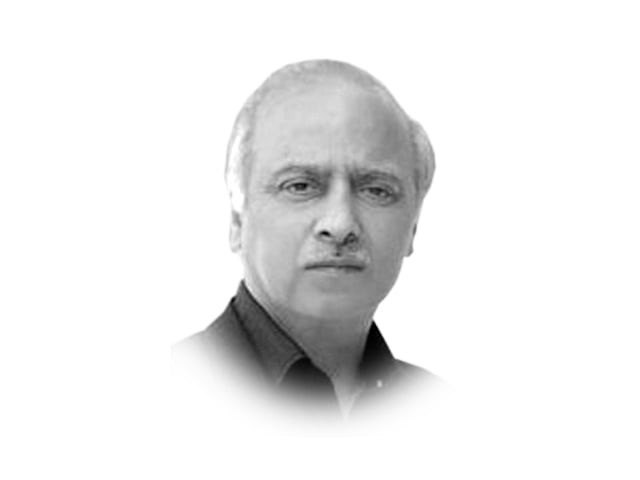The Great Game revisited
A new political realignment, it seems, is playing out in Central Asia by US and Russia.

It could be argued that the primary sticking point following the US attack on the Salala checkpost, on November 26, is the stopping of Nato supplies via Pakistan. This has also refocused attention on an alternative supply route via Russia, which is much longer.
In wake of this situation, Central Asia has become the hub of Isaf and Nato activity with countries like Uzbekistan and Tajikistan standing out as prime contenders to replace Pakistan’s status of a front line ally in the war against terror. Indications coming out of Washington and Kabul reinforce this, suggesting that the US may now want to station its military equipment in bases in these two Central Asian countries. This, of course, will ring alarm bells in Moscow, which would see its regional interests being challenged by an increasing nexus between America, Tajikistan and Uzbekistan.
US Secretary of State Hillary Clinton’s negotiations with Tajik President Emomali Rahmon, on October 21 and 22 last year, also underscored the American desire to create a ring around Russia and China through the aforementioned Central Asian States; the way the US is using the Pacific Ocean region for a similar ring around China (with bases in Guam, Philippines, South Korea and Okinawa).
The shift in US strategy for using Tajikistan and other states for a) marginalising the Russian influence, and b) creating alternative supply routes, came to notice when several planes owned by Russian investment group, Rolkan, were grounded in Afghanistan as well as Tajikistan. These, according to reports, were impounded and in one of the cases, a Russian and an Estonian pilot, were jailed for eight years in Tajikistan for illegally crossing the country and smuggling a disassembled jet engine. Both were, however, released by a Tajik court.
A new political realignment, it seems, is playing out in Central Asia. There is the US on the one hand, courting Kyrgyzstan, Uzbekistan and Tajikistan, and Russia on the other. The latter is somewhat alarmed and is responding to America by trying to keep the latter’s influence from expanding in the region. In addition to this, there is also an ongoing war of geostrategic interests between China and Russia — the two key members of the Shanghai Cooperation Organisation. This, too, is facing American efforts to upstage both Moscow and Beijing by enticing smaller SCO members into lucrative financial deals, including payments for military bases and transit fees.
Keeping this in view, it is therefore safe to presume that even if Islamabad and Washington smoothen out their stand-off over the cargo issue, the creeping American influence in the region will continue to constitute concerns, not only for major SCO countries but, also for Pakistan because of the US preference for long-term, if not permanent, bases in and around Afghanistan.
Published in The Express Tribune, January 5th, 2012.















COMMENTS
Comments are moderated and generally will be posted if they are on-topic and not abusive.
For more information, please see our Comments FAQ